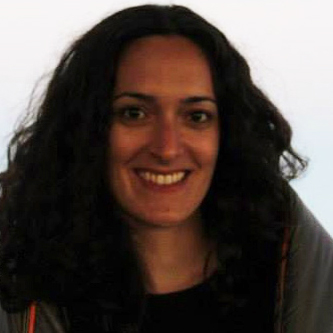
Mirja Perez de Calleja, a philosophy doctoral student at Florida State University, has won the Philosophical Explorations Essay Prize for 2014, a competition that is open to both students and junior faculty members working in the philosophy of mind and action.
Perez de Calleja’s essay, “Cross-World Luck at the Time of Decision Is a Problem for Compatibilists as Well,” delves into determinism, where all events are ultimately determined by causes external to the will, and indeterminism, where some events are not determined by their causes.
Specifically, she examines the argument that if the world is indeterministic, people have less control over their behavior than if it is deterministic because an action that is not determined by its causes — including its mental causes — is chancy and hence, insofar as chancy, beyond personal control.
“I argue that indeterminism introduces no chanciness or luck in how we act, because our chancy and lucky actions aren’t less chancy or lucky if the world is deterministic,” she said.
A three-person jury unanimously chose Perez de Calleja’s essay as the winner, calling it “a clearly argued and convincing paper with a substantive thesis.” As the winning essay, it is featured as the opening article of the current issue of the peer-reviewed journal Philosophical Explorations (Vol. 17, No. 2).
Perez de Calleja, 30, first became fascinated with philosophy while reading Kant’s “Critique of Pure Reason” as a high school student in her native Spain. Years later, she earned her first doctorate in philosophy cum laude from the University of Girona in 2013.
“I never thought I’d win this prize. It was a great surprise when I was notified,” she said. “I’m really happy, especially because my paper will have more readers than it would have had if it hadn’t won, and because of the positive impact the prize is likely to have on my career.”
Piers Rawling, professor and chairman of the department, praised Perez de Calleja as “an impressive philosophy Ph.D. student.”
“This prize reinforces the department’s view that she will make significant contributions to the literature on free will, moral responsibility and the philosophy of action,” Rawling said. “Her prize-winning paper makes a real advance in an important ongoing debate about free will.”
As a graduate student at Florida State, Perez de Calleja — who studies the philosophy of action, ethics and metaphysics — has recently earned a master’s degree and is working toward completing her doctoral coursework before she begins writing her dissertation.
“I’m planning to write it about brainwashing, indoctrination and other forms of manipulation, focusing especially on their relation to violence, and on the ethical issues raised by manipulation and by violence that results from manipulation,” she said.
In addition to her other master’s and doctoral degrees, Perez de Calleja holds two degrees from the University of Barcelona, a master’s degree in language and cognitive science, awarded in 2008, and a bachelor’s degree with high honors in philosophy, awarded in 2006.




